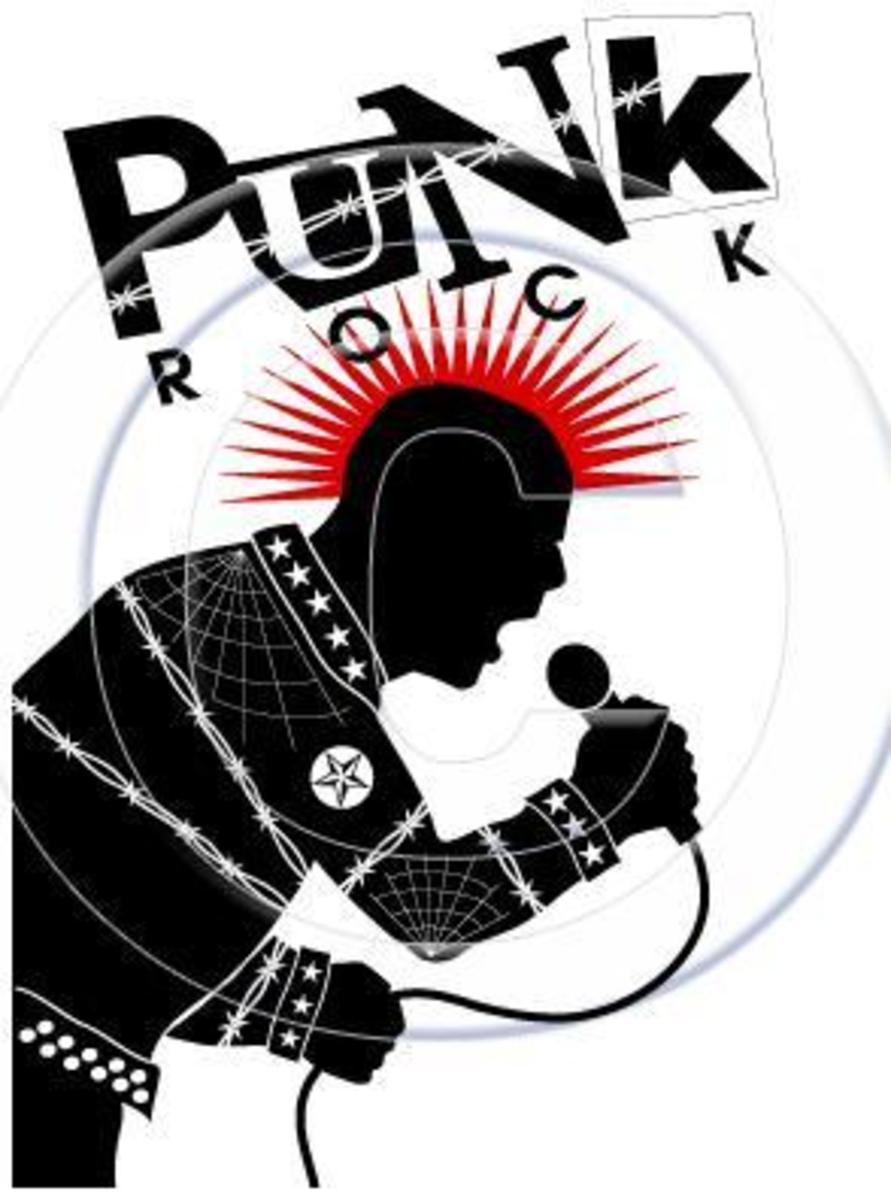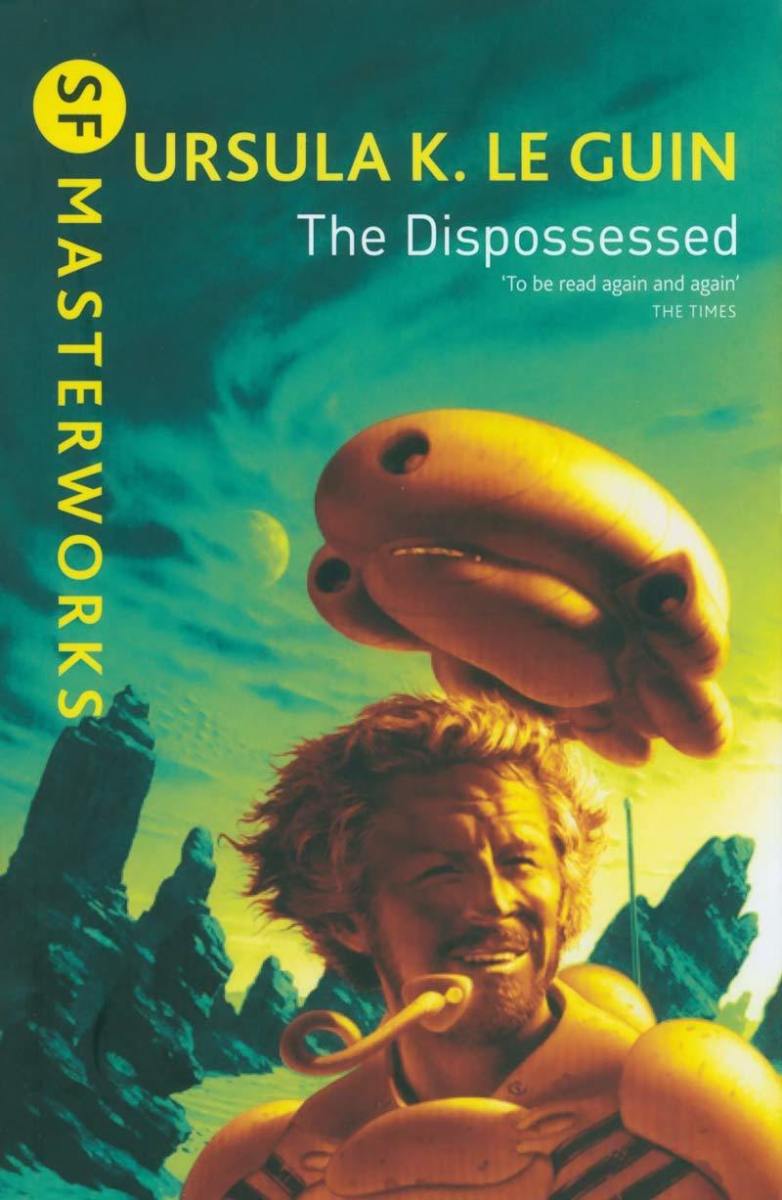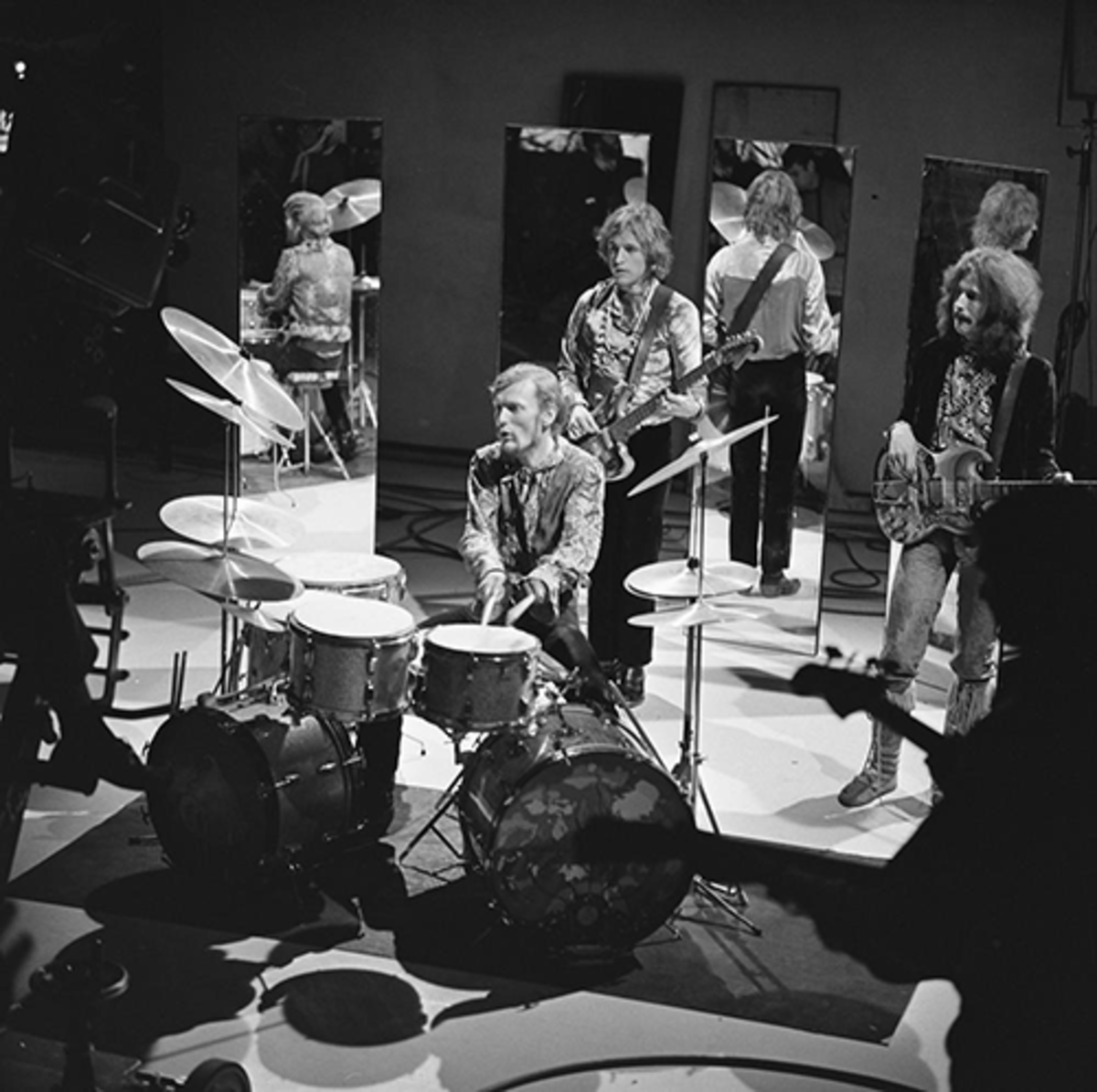Punk and Politics

Punk, Anarchism and Situationism
Since punk first emerged as a subcultural movement it has been intimately linked to politics. The Sex Pistols’ manager Malcolm McLaren recycled the work of the French situationists to create provocative slogans. Situationist theorist Guy-Ernest Debord, in The Society of the Spectacle proclaimed “the equal right of all to the goods and enjoyment of this world, the destruction of all authority, the negation of all restraint.” These concepts are akin to those of anarchism.
The concept of anarchy is central to political discourse within the punk underground.
Popular stereotypes also identify punks as anarchists, and anarchist sentiments have been expressed in punk music, examples’ including The Sex Pistol’s Anarchy in the UK and The Exploited’s I Believe in Anarchy.
Influential anarchist Mikhail Bakunin provided the following description of anarchism:
“Everything that lives does so under the categorical condition of decisively interfering in the life of someone else.... in demanding the freedom of the masses we do not intend to do away with natural influences to which man is subjected by individuals and groups. All we want is to do away with factitious, legitimized influences; to do away with the privileges in exerting influence.”
Anarchism is to be without leaders, to reject authority from social institutions, to abandon social hierarchies, and also to be responsible and act in a way which benefits others. Brad Warner, in Hardcore Zen , relates Zen Buddhism to punk’s inherent anarchist ideals:
“Zen Buddhism is ancient and venerable. Punk is trash. But punk is a cultural movement that was made possible only because of the increased understanding of reality that emerged in the twentieth century, the so-called postmodern worldview. The punks understood that all social institutions and socially approved codes of dress and behaviour were a sham. This is one of the first steps to true understanding”.
While situationism’s influence on punk was debatable from the beginning, the influence of anarchism remains strong where punks are politically active, even if those punks would not describe themselves as anarchists. Not all within the underground feel that anarchism is still a strong or positive force. The anonymous publication Educating Who About What?: The Circled ‘A’ and its Parasites attacks middle class involvement with anarchist groups, and anarchist involvement with any other politically minded group. Such hard-line attitudes are off-putting to newcomers, creating an elitist group who discuss much but achieve nothing. As such, most anarchists avoid joining anarchist organisations, in keeping with the spirit of anarchism.
Politics in the Underground Punk Scene
The underground punk scene leans heavily towards an anti-capitalist and anti-war viewpoint. Also issues relating to animal rights, ecology and vegetarianism/veganism have found a voice within punk. Punk does not reject religion as such, but it rejects organised religion for the same reasons it adopts anarchist perspectives. Direct action groups such as Earth First! (an environmental group) and the Animal Liberation Front found punks receptive to their ideas. However, not all punks agree on these issues.
Punk and anti-fascism have strong links. The vast majority of punks are anti-fascist. However, a minority of punks are right-wing extremists. The film American History X depicts a group of fascists attending a hardcore show where bands are playing songs with fascist lyrics. Fighting bigoted attitudes has been a cause in punk since skinheads began attending Sham 69 shows in the late 1970s. Nazi Punks Fuck Off by the Dead Kennedys was a reaction to fascists creeping into punk shows. In the U.K. skinheads are/were more associated with football hooliganism than punk rock, but in the UK and the US the skinheads turned up at punk shows to cause trouble. Anti Fascist Action have close ties with the punk scene in Britain.
While women were and are a visible part of UK punk, with the likes of Siouxie Sioux and Polly Styrene fronting popular bands, the early U.S. hardcore scene was male dominated. Steven Blush, attempting to write a definitive account of hardcore in his book ‘American Hardcore’, was forced to ask “is it politically correct to write women into the history, to pretend they had an active voice, when in truth they didn’t?”. However, as the scene progressed, more women found a voice within punk, leading to a movement known as Riot Grrl which started in the late 1980s which has roots in both punk and feminist politics.
According to observers at the time the U.S. hardcore scene was rife with homosexual encounters in the early 1980s. This was kept under wraps and initially frowned upon, and some punks participated in violence against gay men. There is now an accepted gay movement within hardcore, sometimes called queercore, featuring relatively successful bands such as Pansy Division who attract both straight and gay audience members.
Straight Edge
Brad Warner, in ‘Hardcore Zen’, provides a brief description of Straight Edge.
“A lot of people in our scene were into Straight Edge, a movement spearheaded by the Washington D.C. band Minor Threat, and their singer Ian MacKaye. Straight Edgers didn’t drink, didn’t smoke, didn’t do drugs, and claimed to renounce meaningless sex as well.”
Ian MacKaye wrote a song called Straight Edge with Minor Threat, which set out the agenda outlined above. The idea spread across the hardcore scene, with vegetarianism and veganism being added to the agenda. Straight Edgers were not the majority, but was and remains a substantial movement in America (although the idea never really took hold in European punk scenes, partially due to lower legal drinking ages and less strict alcohol laws).
However, as Blush states, “somewhere along the way, Straight Edge evolved into a mean-spirited, super-strict form of morality”. The movement became a haven for homophobia and macho attitudes, with little attitude for any challenging of the status quo. As such, MacKaye himself has disassociated himself from the movement.
While some Straight Edgers remain in line with conventional punk politics rather than right-wing extremism, the hard-line attitude of some has caused many to reject the label while retaining the basic principles of abstinence.
DIY
The underground punk scene relies on a network of independent distributors, record labels, fanzines and word of mouth to disseminate information and music.
As anarchist theorist Hakim Bey states “’networking’ as an alternative to [traditional] politics is practiced at many levels of society, and non-hierarchic organization has attained popularity even outside the anarchist movement, simply because it works”. Bey cites Earth First! and Alcoholics Anonymous as examples. Punk applies this thinking to many of its organisational systems, and while there are often figureheads or spokespeople, they have no clear leader.
These networks allow punks to communicate with few restrictions, and allow many record companies and distributors to remain outside the reach of authorities (specifically the tax office). There is little involvement with any corporation, and no leader to veto or censor any publication or opinion which may cause offence. This is known as D.I.Y. or do-it-yourself, and is the foundation of the punk underground’s resistance to the mainstream music industry.
The punk scene was so small initially that none of the bands considered the possibility of a record deal. As such “hardcore established a new definition of musical success… unlike money-orientated economies, Hardcore was an objective-orientated, community-based culture” (Blush).
Teen Idles members Jeff Nelson and Ian MacKaye started Dischord Records in 1980 in order to release their first single, one of the first truly DIY labels. They financed the whole venture from money made from shows, paying for the recording, manufacture and distribution of the record. Little or no money is spent on promotion, as this is done by touring. This differs from ordinary music industry practices.
The following is a summary of record industry practices based on The Problem with Music by Steve Albini, a record producer and musician, and can be found in full online. Usually, record companies provide a band with an ‘advance’, an amount of money with which to record an album. This money is owed by the band to the company and must be paid back. The company pays directly for promotion, distribution and manufacture of the record. All of this money is owed by the band to the company, and deducted from the eventual sales. While the company may make a considerable amount of money from the record, the band or artist owns almost nothing because they did not pay for it, and in fact still owe the record company money for the recording since their tiny royalty cut does not cover the advance.







